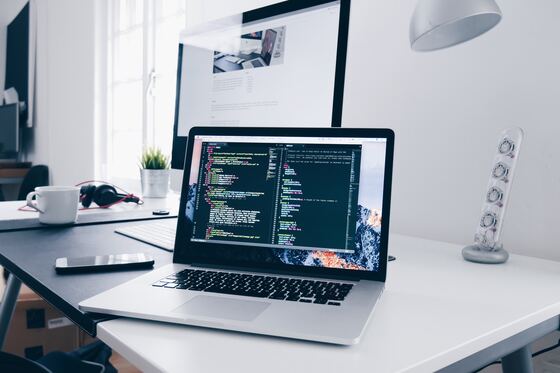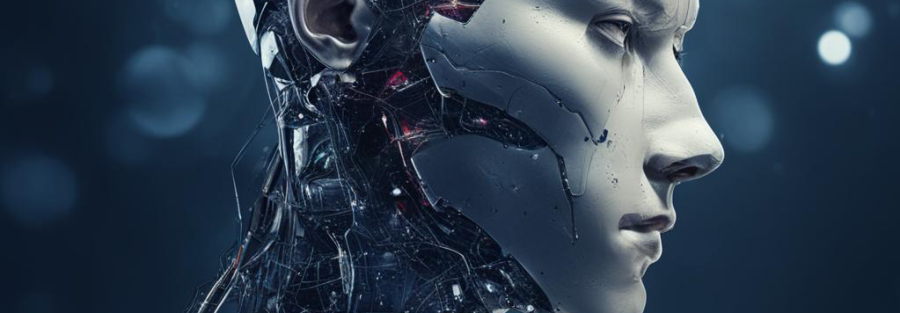Welcome to the future of team building! In a world where technology is advancing at an unprecedented pace, it’s no surprise that artificial intelligence (AI) has found its way into the realm of planning and enhancing team building activities. Gone are the days of mundane icebreakers and trust falls – AI has revolutionized the way teams come together, fostering collaboration, communication, and camaraderie like never before. So if you’re ready to take your team building game to new heights, buckle up as we dive into how AI can bring a whole new level of excitement and effectiveness to these invaluable activities!
Understanding Team Building and its Importance
When it comes to building a successful team, there’s more to it than just assembling a group of individuals with different skills and expertise. Team building is the process of nurturing relationships, fostering trust, and promoting synergy among team members. It goes beyond mere socializing; it’s about creating an environment where everyone feels valued and motivated to work towards common goals.
Team building activities help break down barriers that often exist within teams. They encourage open communication, collaboration, and problem-solving skills – essential components for any productive team. By participating in these activities, team members can gain insights into each other’s strengths and weaknesses while learning how to effectively leverage them for the benefit of the entire team.
Team building activities have been proven to enhance morale and job satisfaction among employees. When people feel connected on a personal level with their colleagues, they are more likely to enjoy coming to work every day. This leads to increased productivity levels as well as decreased turnover rates.

The Role of AI in Planning Team Building Activities
In today’s fast-paced and technology-driven world, team building activities are more important than ever. They help foster collaboration, improve communication, and boost employee morale. And now, with the advent of artificial intelligence (AI), planning these activities has become even easier.
AI can play a crucial role in streamlining the process of organizing team building activities. With its ability to analyze large amounts of data quickly and efficiently, AI can provide valuable insights into what types of activities would be most beneficial for a particular team.
One way that AI can assist in planning team building activities is through predictive analytics. By analyzing past performance data and other relevant factors, AI algorithms can generate recommendations on which specific activities are likely to yield the best results for a given group.
Another application of AI in this context is virtual reality (VR) simulations. VR allows teams to engage in immersive experiences that mimic real-world scenarios without any actual risk or danger. This technology provides an opportunity for teams to practice problem-solving skills, decision-making abilities, and effective communication within a safe environment.
Chatbots powered by AI can assist employees in finding suitable team-building events or suggesting personalized activities based on their interests and preferences. These chatbots can provide instant support and guidance throughout the entire planning process.
Incorporating AI into the planning phase of team building activities offers numerous benefits such as efficiency improvements, data-driven decision making, and enhanced personalization. As businesses continue to embrace technological advancements like AI, the future holds great promise for optimizing teamwork through innovative approaches.
Types of AI Tools for Team Building
AI tools have revolutionized the way we approach team building activities, making them more efficient and effective than ever before. There are several types of AI tools that can enhance team building experiences and facilitate better communication and collaboration among team members.
One type of AI tool is virtual reality (VR), which allows teams to engage in immersive simulations and role-playing exercises. VR technology creates a realistic environment where teams can practice problem-solving, decision-making, and conflict resolution skills in a safe and controlled setting.
Another type of AI tool is natural language processing (NLP), which enables teams to analyze written or spoken communication for sentiment analysis, tone detection, and keyword extraction. NLP can help identify potential conflicts or misunderstandings within a team by analyzing patterns in their conversations or written exchanges.
Machine learning algorithms also play a crucial role in team building activities. These algorithms can analyze vast amounts of data related to teamwork and provide insights into areas where improvements can be made. For example, machine learning algorithms can identify patterns in successful teamwork based on historical data, allowing teams to replicate those behaviors for greater success.
Collaboration platforms powered by AI are another valuable tool for enhancing team building efforts. These platforms provide features such as task management, file sharing, real-time messaging, and video conferencing all integrated into one platform. By streamlining communication and providing centralized access to necessary resources, these platforms enable teams to work together seamlessly regardless of their physical location.
AI tools offer immense possibilities when it comes to planning team building activities. From virtual reality simulations to natural language processing analysis and machine learning algorithms – these intelligent technologies have the power to transform how teams interact with one another during these activities. By leveraging AI tools effectively, organizations can foster stronger relationships among teammates while improving overall performance levels within the company.
Examples of Successful Implementations
- Virtual team building platforms: Many organizations have successfully implemented virtual team building platforms powered by AI to facilitate remote collaboration and engagement. These platforms use intelligent algorithms to create customized activities, foster communication, and track individual and team progress.
- Gamification for skill development: Companies are incorporating AI-powered gamification techniques into their team building strategies to enhance skill development. For example, employees can engage in interactive games or simulations that challenge them to solve problems together, improving their problem-solving and decision-making abilities.
- Personality assessment tools: AI-driven personality assessment tools help teams understand the unique strengths and preferences of each member. By analyzing data from various sources such as surveys or online interactions, these tools provide valuable insights that enable teams to optimize collaboration based on individual traits.
- Predictive analytics for talent management: Organizations leverage predictive analytics powered by AI algorithms to identify potential future leaders within their teams. By analyzing performance data, employee feedback, and other relevant factors, these tools can predict individuals who possess leadership qualities and recommend suitable development opportunities.
- Chatbots for real-time support: Some companies utilize AI chatbots during team-building activities to provide real-time support and guidance. These chatbots can answer questions about the activity details or offer suggestions tailored to specific challenges faced by participants, enhancing the overall experience.
- Collaborative project management software : With advanced features like automated task assignment, team performance tracking etc., collaborative project management software with built-in artificial intelligence helps streamline teamwork processes effectively.
These examples demonstrate how organizations across industries are leveraging the power of AI in planning successful team building activities that foster collaboration,resilience,and personal growth among employees
Conclusion
In today’s fast-paced world, team building activities have become more important than ever. They not only promote camaraderie and collaboration among team members but also enhance productivity and overall performance. With the advancements in technology, AI has emerged as a valuable tool in planning and executing these activities.
AI brings a new level of efficiency and effectiveness to team building by providing data-driven insights, personalized recommendations, and streamlined processes. From virtual reality simulations to intelligent chatbots, there are various AI tools available that can revolutionize the way teams come together.
By utilizing AI-powered tools for team building activities, organizations can create immersive experiences that engage employees on multiple levels. Whether it’s through interactive games or virtual meetings facilitated by AI assistants, these technologies enable teams to connect in meaningful ways regardless of physical location or time constraints.
Successful implementations of AI in team building can be seen across industries. Companies like Google have used machine learning algorithms to analyze employee feedback and preferences to tailor their team-building initiatives accordingly. This personalized approach ensures that every activity is relevant and impactful for individual teams.
IBM has incorporated AI into their virtual reality training programs aimed at enhancing teamwork skills. By simulating real-life scenarios with intelligent avatars, employees can practice communication strategies and problem-solving techniques in a safe yet realistic environment.
Integrating AI into team-building activities holds immense potential for organizations seeking to foster better collaboration among their workforce. The possibilities offered by this technology are vast – from enhanced communication channels to data-driven decision-making – making it an invaluable asset in driving organizational success.


